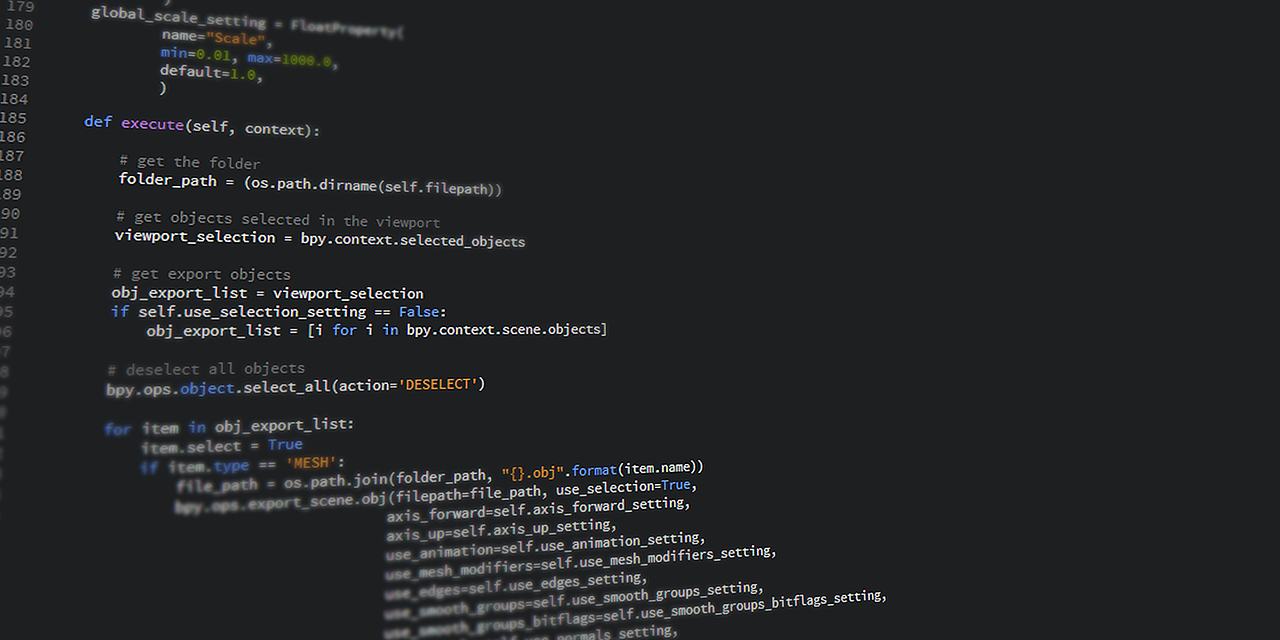Python is a popular programming language that can be used to scrape the web. In this blog post, we will discuss the pros and cons of Python web scraping.
Python Web Scraping Pros
Automation
With Python web scraping, you will save a lot of time and money when it comes to web scraping data. Your time can be spent on other business functions, while your web scraper does all the mundane tasks. Python can be used with Beautiful Soup and Selenium which can be used for web scraping, although many are blocked once used on websites. To bypass blocks, consider using ParseHub with IP rotation, which bypasses even the most data-secured websites!
Can Be Easy To Code
Python is an easy-to-learn language compared to its other counterparts. However, even using Selenium’s web drivers, it is still a time-intensive job to code and select XPaths and CSS classes. For a simple website that does not block Python web scraping, it might be easy to code a custom scraper. However, most websites with large amounts of data make it hard for a Python web scraper to access data. You will need to go through a lot of steps, such as cloaking your Selenium browser, implementing captcha solving and pagination. For bigger projects, we recommend using an enterprise web scraper such as ParseHub Plus.
Insights and Data Analysis
When scraping large amounts of data with Python, you will gain insights into trends, prices, statistics and more. Web scraping can be used by any industry and can provide businesses with an advantage over competitors. For example, a financial institute can scrape industry prices and stock markets to better assist their clients. Businesses can also use web scraping for their SEO and public relations. However, this is not exclusive to Python, many other web scraping tools can also extract large datasets from websites. In fact, ParseHub Plus deals with enterprise clients that need access to vast amounts of data.
Python Web Scraping Cons
Hard To Scale
Once you create your Python code, it can be hard to scale it to gather more data. For example, pagination is harder to achieve on Python when compared to a visual web scraper such as ParseHub. Going into each entry to gather more information is harder to do with Python, and much easier with web scraping software. As discussed before, most websites that host large amounts of data often block Python scripts from working. You might run into blocks and captchas easily, whereas with ParseHub you can use IP rotation to bypass blocks.
Expensive and Time-Consuming
Paying developers costs a lot of money, especially when the project deals with intricate web scraping. Learning Python yourself, and programming in general, takes a lot of effort. In addition to programming, you need to learn libraries that allow Python to web scrape, such as Beautiful Soup. Although it can be a fun challenge, there are going to be a lot of setbacks that can leave you discouraged or paying more to the developer. Even if you made a scraping script yourself or with a programmer, the code can become obsolete when a website updates. With ParseHub Plus, you get direct web scraping support for all your web scraping needs, without the use of code or a developer!
Scrape Detection
Python scrapers are very easily detected by a lot of different methods. Some websites have hidden javascript code that can tell if the UserAgent or browser is running automated code rather than human behaviour. Captchas also make it hard for Python web scrapers to continue scraping, as most simple scripts do not bypass captcha or IP blocks. When using ParseHub with IP Rotation enabled your IP and UserAgent rotate, therefore making it harder to get blocked by websites. Overall, ParseHub makes it easy to scrape websites without getting blocked.
Not Flexible
Python code can be useful when scraping for a single and specific project. When it comes to scraping from multiple websites, you will find yourself wasting a lot of time by not having a standalone and flexible software. Websites always update themselves and that means you might have to fully recode your Python script to continue scraping from it. What if you need to scrape from multiple websites? Are you going to code separate scripts to scrape from each one? With ParseHub, you can quickly train the software and AI to scrape from multiple websites.
Concluding Thoughts
Web scraping with Python may be a fun challenge at first, but when dealing with large amounts of data and websites, Python programmers may get discouraged. Many small, medium and large businesses choose to scrape data from any website using ParseHub. Unlike writing code, ParseHub allows you to point-and-click data you want to extract with its own embedded browser. This saves a lot of time, compared to scripting and finding HTML and CSS elements one by one to extract.
We hope you enjoyed this blog post on the pros and cons of Python web scraping!
Visit ParseHub Plus to book a call and get your 100% free data export sample!







